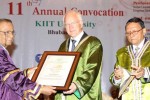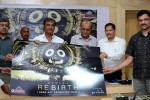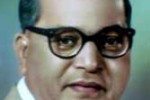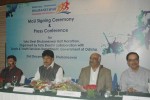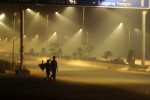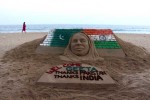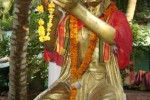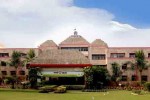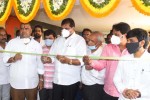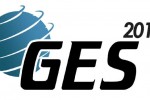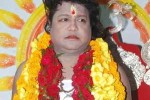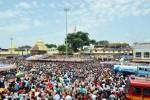OPINION
By Kedar Mishra
In his last book `Editor Unplugged’, late Vinod Mehta, the daredevil editor writes “Corporate control of the media, then, is not the evil empire. The evil empire is cartelization which inevitably spins into monopoly or media dominance by a handful or, even worse, a single media merchant”.
Mehta was analyzing corporate control over Indian media and how it affects the larger space of right to freedom of expression, in general the freedom of the media. Dominance of corporate barons like Samir Jain, Mukesh Ambani, Subash Chandra and others are dominating Indian media and they have maximum control on the free flow of information.
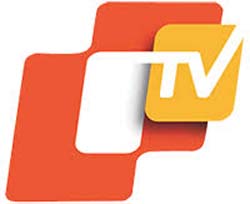
Odisha State scenario is a bit different from the national scenario, but it had a larger common ground. Unlike national media Odia media is yet to develop a high profile corporate base for itself.
Traditionally media in Odisha is being controlled by politically powerful families. Most of the media house owners/editors are from certain dynasties that enjoy the privilege of closeness to power corridor and easy access to free flowing capital.
The ideological phrase of “free press” has remained a victim of political cartelization and by that process it works as a vehicle to attain power. If we want media to be the lifeblood of a liberal democracy then we must brutally analyze the ownership issue and how it injects slow poison into the body of our socio-political life.
Without going into the historical details of the media in Odisha, it would be apt to dissect current status of media functioning in Odisha. Very recently Biju Janata Dal, the ruling party of Odisha, took a stand to boycott discussions in Odisha Television, popularly known as OTV.
BJD alleges that OTV is blatantly partial and it takes dictate from its promoter Baijayant Panda to defame the ruling party in the State. It is no new fact that Panda is now bitterly anti-BJD and his political standing takes a magical turn around on the very day of his suspension from the BJD.
OTV’s shift of stand from being pro-establishment to become an anti-establishment voice had to follow the political course of action by its own promoter.
Since last 18 years OTV was the most preferred television channel for the ruling establishment of Odisha. Even today, OTV has remained the first choice of the government to pass through favorable information and selective leaks, said chief editor of a rival channel of OTV.
Despite government favour and revenue supplement, OTV is thumping its chest as the biggest victim. In an official promo circulated in social media, OTV prominently portrays its image as the victim, but in reality it works as the prime missile of its promoter to disarm his political opponents. Freedom expression has become a useful mask to hide the viscous intent to use a media platform for cheap personal gain.
The potential danger for media freedom is not coming from the ruling establishment in Odisha but it is very much coiled there inside the management. The person who owns the media is using it as a medium of power bargaining.
If democracy has a will to survive, it must allow its media to grow as independent entity. Somehow, that is a hopeless hope and no owner is going to allow their golden parrot to fly for freedom. Media must struggle hard to unshackle itself from the clutches of its masters and promoters.
(Kedar Mishra is freelancer writer, political commentator and art critic based in Bubaneswar. He can be reached at kedarsikha@gmail.com)



